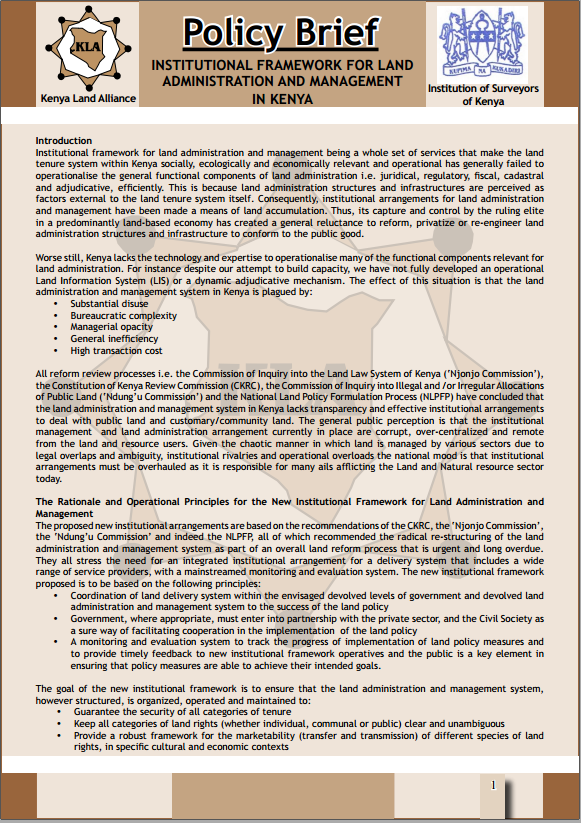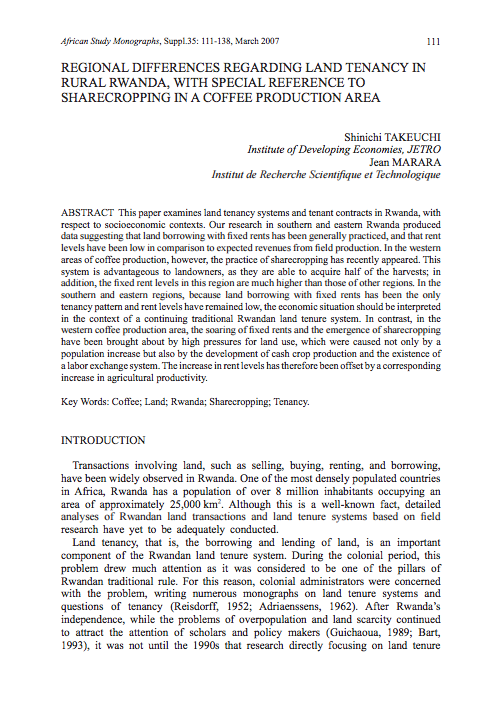Official agricultural land price in the Slovak Republic
As long as the land market in Slovakia is not completely developed and land market prices introduced, the officially assigned land prices are practically in use. At the present time, land prices should express the supply prices, which cover the income effect of the land site under the socially necessary costs. Thus, centrally assigned fixed land prices could represent the effective prices in this transient period. Official prices are actually also used for fiscal purposes and to solve land property rights.






